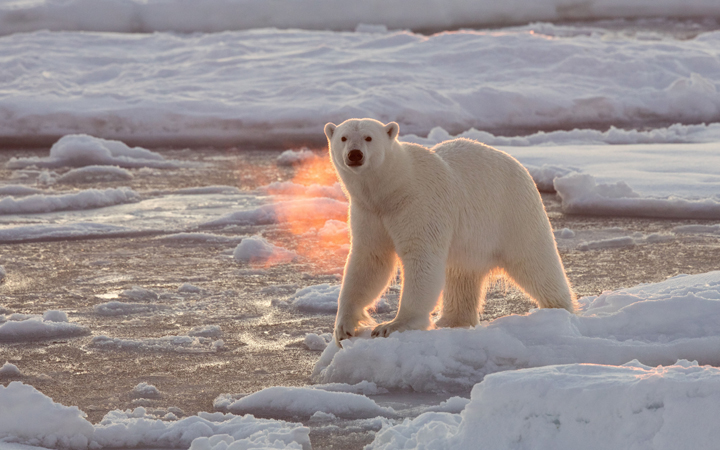The world’s southernmost population of polar bears has already lost significant amounts of body weight after decades of shrinking sea ice.

And new research from the Ontario government says breeding females are suffering the most from having fewer days to hunt seals — an essential fatty, energy-rich meal.
The study shows that climate change has led to bears spending about 30 days less on the shrinking sea ice along Ontario’s Hudson Bay coastline than they did in the 1980s.

Get daily National news
READ MORE: Scientists warning of a record low for Arctic sea ice
At the same time, their average weights have dropped by 45 kilograms for males and 30 kilograms for females.
Scientists say because females are only half the size of males, the loss is much more significant for them -probably because they have to nurse cubs as well as keep themselves healthy.
Researchers say at some point, the decline will reduce breeding success.
There are now about 900 bears in region, a number that’s been stable for decades.








Comments
Comments closed.
Due to the sensitive and/or legal subject matter of some of the content on globalnews.ca, we reserve the ability to disable comments from time to time.
Please see our Commenting Policy for more.